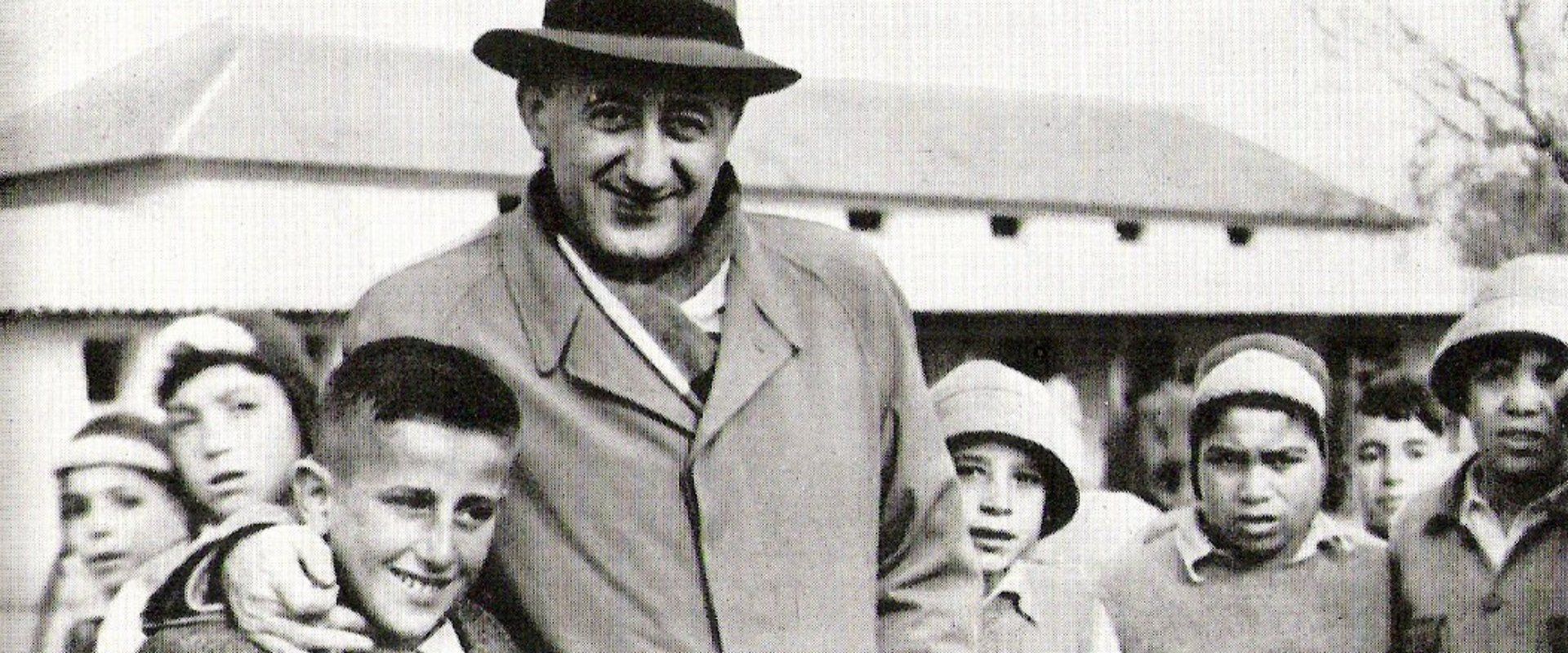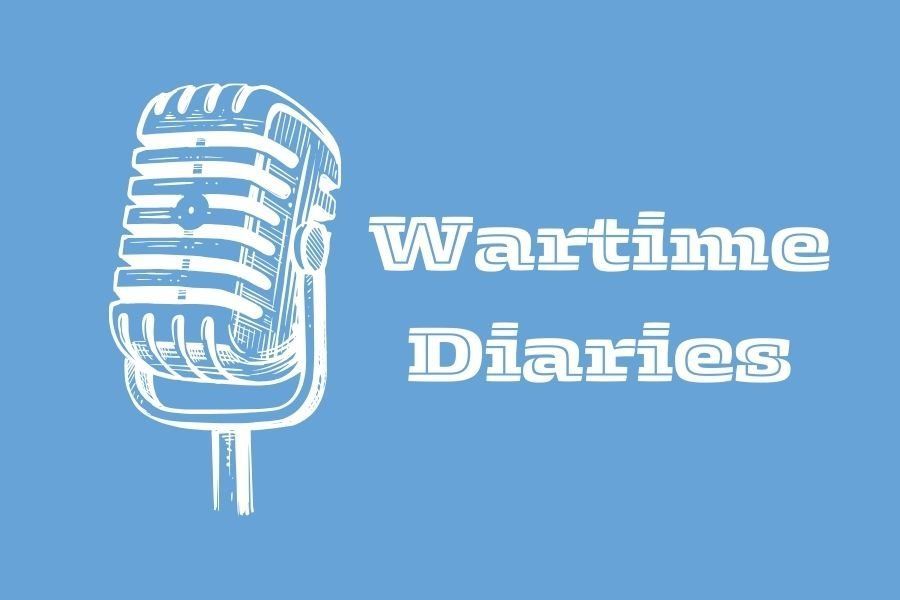Moshe Kol
- 21:32
- 2023

Moshe Kolodny, who’d later on change his surname to Kol, was born in 1911 in the heart of the Pale of Settlement.
Having given him both a rigorous religious-and a broad secular education, young Moshe’s parents wanted him to study medicine. But he much preferred the Zionist movement’s conference rooms to the university’s anatomy labs. They ultimately compromised on Moshe making aliyah and enrolling in the Hebrew University, which he did – only to drop out once his Zionist activism took over his life.
He was a labor organizer, an educator, a publicist and – starting in 1947 – a member of the executive of the Jewish Agency. At 37, he was the second-youngest signatory of the Declaration of Independence. He later went on to serve as Minister of Development and Minister of Tourism, a post which he held for more than eleven consecutive years.
He was – at heart – a liberal centrist and as such, advocated for a constitution, for freedom of religion, for military training for yeshiva boys, and for the normalization of ties with Israel’s various different Arab minority groups.
In 1977, the year he left the government, Kol was named an honorary citizen of the town of Daliyat al-Karmel in recognition of his lifelong support of the Druze community. He also championed the cause of the Melkite and Maronite residents of Iqrit and Bir’im, two Chrisitan villages near the Lebanese border, in which the locals willingly evacuated their homes in October 1948, with a promise that they would be allowed to return within two weeks. Seventy-five years later, those two weeks have yet to expire, a decision that Likud Minister Misha Arens once called a “march of folly, or, a guide for how to make friends into enemies!”
Devoting most of his post-political life to writing, Kol passed away in 1989, and was buried on the Mount of Olives, in Jerusalem.
Moshe Kol
The thirty-seven people who signed Megillat Ha’Atzmaut on May 14, 1948, represented many factions of the Jewish population: there were revisionists and Labor Party apparatchiks; capitalists and communists and socialists; kibbutznikim, moshavnikim and city-folk; charedi rabbis and atheists.
Over the course of the past several months, our team has diligently tracked down the closest living relative of each one of these signatories, and interviewed them. We talked about their ancestors and families, about the promise of the Declaration, the places in which we delivered on that promise, the places in which we exceeded our wildest dreams, and also about the places where we fell short.
And it is through these descendants of the men and women who – with the strike of a pen – gave birth to this country of ours, that we wish to learn something about ourselves.
Today we’ll meet Moshe Kol (Kolodny), and his daughter, Yehudit Kol Inbar. She’ll present one of the many political perspectives we’ll be featuring throughout the series.
Further Reading
In 1961 Eliezer Whartman of the Israel State Archives conducted a series of interviews with 31 of the 37 signatories of the Declaration of Independence. For the full interview with Moshe Kol, see here.
For an account of Rabbi Pinchas Eliyahu HaLevi Kolodny (Kol’s grandfather), as well as other public figures such as Moshe Sharett, see Moshe Kol’s 1983 book of biographical sketches, Mentors and Friends.
For the history of Youth Aliyah’s immigration operations, see Moshe Kol’s 1957 account, Youth Aliyah: Past, Present, and Future (with an introduction by Eleanor Roosevelt), and this Hadassah video clip, about Henrietta Szold.
For a full list of Kol’s publications, on topics ranging from Zionism and Liberalism to religion and state, and from the rights of minorities in Israel to the aftermath of the Holocaust, see this bibliographical list.
For a behind-the-scenes peek into cabinet meetings attended by Moshe Kol in the sixties and seventies, see this Haaretz article (Hebrew).
For Misha Arens’ views regarding the refugees of Iqrit and Bir’im, see this Haaretz op-ed.
Credits
Mitch Ginsburg and Lev Cohen are the senior producers of Signed, Sealed, Delivered? This episode was mixed by Sela Waisblum. Zev Levi scored and sound designed it with music from Blue Dot Sessions. Our music consultants are Tomer Kariv and Yoni Turner, and our dubber is Yoav Yefet.
The end song is Shir HaShayara (lyrics – Eli Mohar, music – Traditional Greek), performed by Arik Einstein.
This series is dedicated to the memory of David Harman, who was a true believer in the values of the Declaration of Independence, in Zionism, in democracy and – most of all – in equality.

 Wartime Diaries
Wartime Diaries

